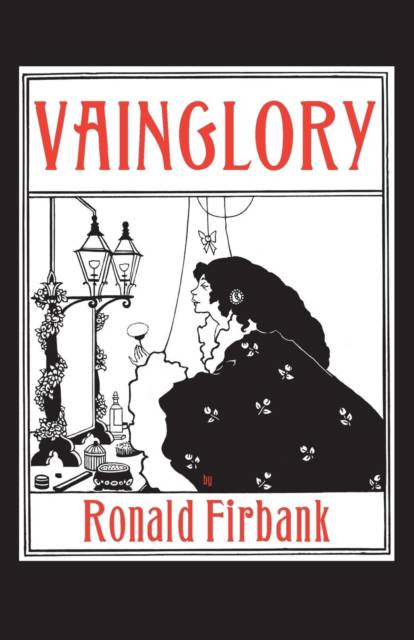
- Retrait gratuit dans votre magasin Club
- 7.000.000 titres dans notre catalogue
- Payer en toute sécurité
- Toujours un magasin près de chez vous
- Retrait gratuit dans votre magasin Club
- 7.000.0000 titres dans notre catalogue
- Payer en toute sécurité
- Toujours un magasin près de chez vous
Description
They were in the dogs' cemetery. Lady Castleyard tapped a little crooked cross. "One fears," she said, "that Georgia must have poisoned them all for the sake of their epitaphs." Welcome to one of the most distinctive styles in English literature. Ronald Firbank was an acute observer; his famous way of taking down extraordinary snatches of conversation, or pithy single sayings, on slips of paper, and then including them in his novels when an opportunity arose, anticipated modern experimental cut-up techniques by half a century. His was also a rare wit: Lady Barrow lolled languidly in her mouse-eaten library, a volume of mediaeval Tortures (with plates) propped up against her knee. In fancy, her husband was well pinned down and imploring for mercy at Figure 3. How eagerly, now, he proffered her the moon! How he decked her out with the stars! How he overdressed her! Coldly she considered his case. "Release you? Certainly not! Why should I?" she murmured comfortably, transferring him to the acuter pangs of 9. In this amazing first novel, published in 1915, well-connected Mrs Shamefoot is searching for some sort of immortality, and has decided that she requires a dedicatory stained-glass window to be designed and built into a cathedral of which she approves. Engendering consternation all around at her daring, one-eyed pursuit of her aim, and casting wide her net, she finally settles on the church in Ashringford, and events conspire with her: in a storm, some scissors are left on the scaffolding around it, the lightning catches them, and a great part of the wall comes crashing down. She does not miss the opportunity. With a huge cast of astonishingly overdrawn characters, utterings and situations, Firbank comedically depicts a social world made largely of women and their talk: ladies both voluble and shy; daughters both wild and domesticated; spinsters and widows with obsessions, or the cutting tongues made to spike them; servants whose opinions are as strong as their mistresses'. These all swirl around Mrs Shamefoot, approving, disapproving, commenting on each other and her in a turmoil of zesty snippets. The results are like nothing else. Ronald Firbank was born in London in 1886, the son of a wealthy MP and landowner. He attended Trinity Hall in Cambridge but left without completing his degree. His first book, containing two stories, was published in 1905, after which he published eight full-length novels, and more stories and plays. Ill with lung disease for most of his life, he died in Rome in 1926, at the age of 40.
Spécifications
Parties prenantes
- Auteur(s) :
- Editeur:
Contenu
- Nombre de pages :
- 206
- Langue:
- Anglais
Caractéristiques
- EAN:
- 9780987367884
- Date de parution :
- 25-05-13
- Format:
- Livre broché
- Format numérique:
- Trade paperback (VS)
- Dimensions :
- 140 mm x 216 mm
- Poids :
- 244 g

Les avis
Nous publions uniquement les avis qui respectent les conditions requises. Consultez nos conditions pour les avis.






